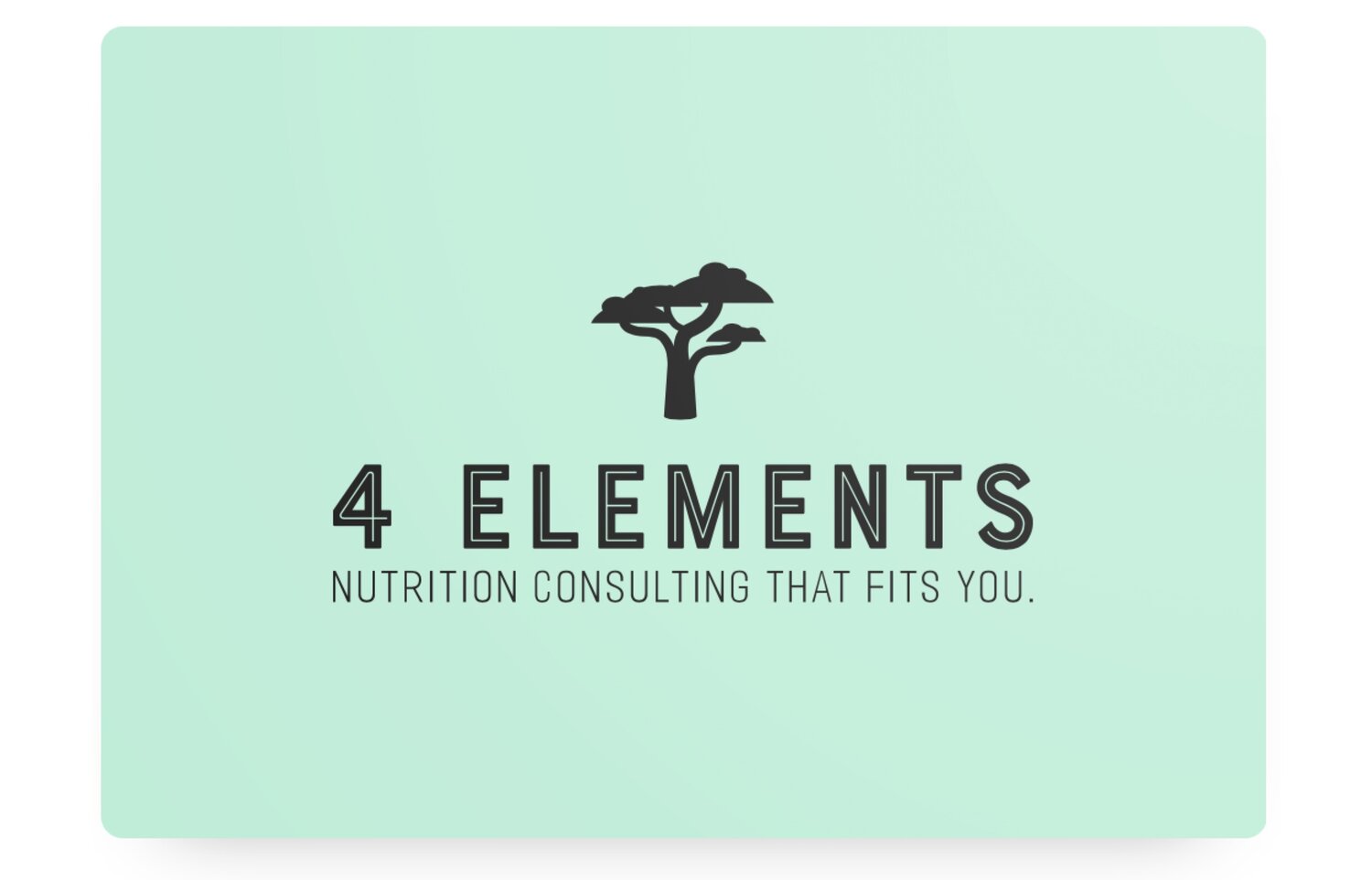What Is FODMAP and Can It Help Me?
In honor of Digestive Diseases Awareness month (May 2021), I thought I would speak to the clinical experience I have had with using certain dietary approaches to help my clients living with digestive diseases as well as those who are living with symptoms, but no underlying diagnosis. If you have digestive health issues, this may be an article that you find helpful in managing your symptoms. Many of us have digestive issues like bloating, abdominal distention, pain, or trouble with bowel habits, but we cannot seem to get a firm diagnosis from the doctor. Some digestive issues related to food allergies or underlying autoimmune disease can be diagnosed more definitively, however, mild to moderate symptoms may be related to food choices that are high in FODMAP.
What is FODMAP? This acronym stands for fermentable oligosaccharides, disaccharides, monosaccharides and polyols, which are short-chain carbohydrates (sugars) that are poorly absorbed by the small intestine. Think of large particles that sit in your gut for long periods of time and what might happen as a result: water starts to pull into the gut, and the particles start to ferment (similar to leaving food out on the counter). When fermentation occurs in the gut, the type and number of good bacteria can become affected, and this manifests itself in digestive symptoms that are frustrating and impair our daily activities.
Trying a low FODMAP diet with the help of your dietitian can help you determine what foods cause you better symptom management and which ones trigger you in a negative way so that you are eating for gut health, rather than always “chasing the symptoms” with treatments and medications. In some cases, medications are needed, however, with many clients, dietary changes that are maintained over time can help significantly. What is also interesting is that following the low FODMAP diet for some time helps to heal the gut in some way, so that more foods can be introduced again that previously were not tolerated.
Picture the gut as a garden that needs the proper environment to flourish and thrive. The low FODMAP diet along with the support of a registered dietitian can be worth a try when the time is right.

